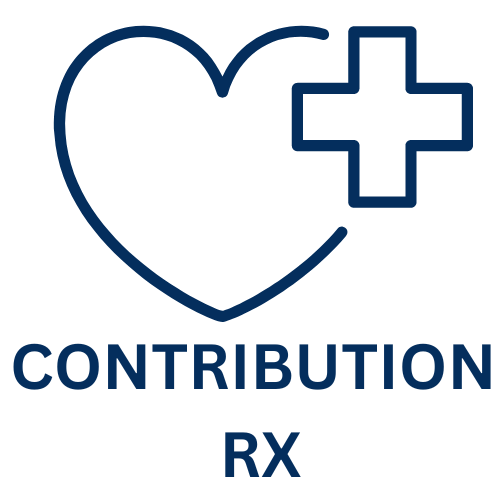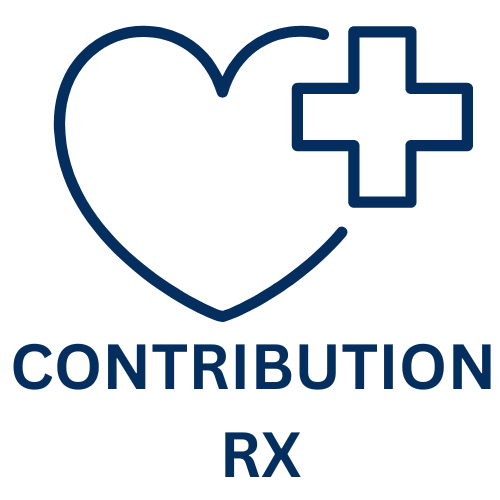pain pills
over-the-counter drugs
Over the counter (OTC) drugs are medications that can be purchased without a prescription from a healthcare professional. These medications are readily available in pharmacies, grocery stores, and other retail outlets, allowing consumers to self-treat common health conditions without the need for a doctor’s visit. OTC drugs play a crucial role in managing minor ailments, promoting self-care, and improving access to essential medications for consumers worldwide.
Here are some key aspects of over the counter drugs:
- Common Uses: OTC drugs are used to treat a wide range of common health conditions, including pain, fever, cough, cold, allergies, indigestion, and minor skin irritations. They provide symptomatic relief for temporary or self-limiting conditions that do not require medical intervention. Examples of OTC medications include acetaminophen (Tylenol), ibuprofen (Advil), cough suppressants, antihistamines, antacids, and topical analgesics.
- Accessibility and Convenience: One of the primary advantages of OTC drugs is their accessibility and convenience. Consumers can purchase these medications directly from pharmacies or retail stores without the need for a prescription or a healthcare provider’s supervision. This accessibility allows individuals to promptly obtain medications to alleviate symptoms and manage minor health issues, enhancing convenience and saving time.
- Self-Care and Empowerment: OTC drugs empower consumers to take control of their health and well-being by providing options for self-care and self-management of common health conditions. Individuals can assess their symptoms, select appropriate OTC medications based on their needs, and follow recommended dosage instructions to alleviate discomfort or manage minor ailments. This proactive approach to health encourages self-awareness and promotes personal responsibility for one’s health.
- Cost-Effectiveness: OTC drugs are generally more affordable than prescription medications since they do not require a doctor’s visit or a prescription. This cost-effectiveness makes OTC drugs accessible to a broader population, including those without health insurance or with limited financial resources. Consumers can purchase OTC medications as needed to address acute health concerns without incurring significant out-of-pocket expenses.
- Safety and Efficacy: OTC drugs undergo rigorous evaluation by regulatory authorities, such as the Food and Drug Administration (FDA) in the United States, to ensure their safety, efficacy, and appropriate use for self-medication. Manufacturers must provide evidence of the drug’s safety profile, proper labeling, and clear instructions for consumers. While OTC drugs are generally considered safe when used as directed, it’s essential for consumers to read and follow dosage instructions and warnings to minimize the risk of adverse effects or drug interactions.
- Limitations and Precautions: Despite their accessibility and convenience, OTC drugs have limitations and precautions that consumers should be aware of. Some OTC medications may not be suitable for certain individuals, such as pregnant or breastfeeding women, children, or individuals with specific medical conditions or allergies. It’s essential for consumers to consult with a healthcare professional if they have any questions or concerns about the appropriateness of OTC medications for their particular situation.
- Education and Counseling: Pharmacists play a vital role in educating consumers about OTC medications, including proper use, potential side effects, drug interactions, and precautions. They offer counseling and guidance to help individuals make informed decisions about selecting and using OTC drugs effectively and safely. Pharmacists also provide recommendations for alternative treatments or referrals to healthcare providers if necessary.
- Regulatory Oversight: OTC drugs are subject to regulatory oversight to ensure their quality, safety, and efficacy. Regulatory authorities establish standards for manufacturing, labeling, and marketing of OTC medications to safeguard public health. Manufacturers must comply with these regulations and conduct post-marketing surveillance to monitor the safety and effectiveness of OTC drugs.
In summary, over-the-counter drugs are essential components of self-care and self-medication, providing convenient access to medications for managing minor health conditions. While OTC drugs offer numerous benefits, consumers should use them responsibly, follow recommended dosage instructions, and seek medical advice if needed. By promoting health literacy and empowering consumers to make informed decisions about their health, OTC drugs contribute to overall health and well-being.


